How to Fix Sound Errors on Mac Computers
Basic processing steps
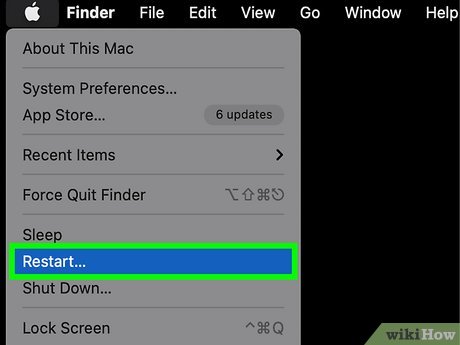
Restart the computer. Sometimes, we just need to restart the computer and the sound problem will be fixed. When your computer has any problems, this is the first thing you should do.
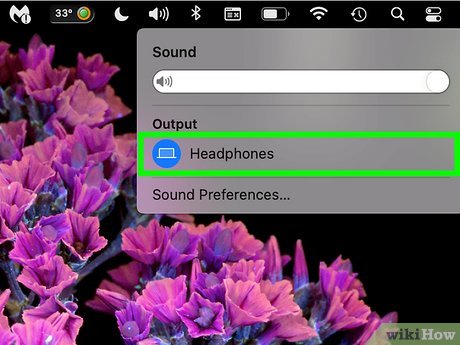
Plug in the headset then unplug it. If audio controls are disabled, or you see a red light in the headphone jack, insert and unplug the headphone cable a few times. This will resolve the issue and restore sound.
Note: This is a sign of faulty hardware so you need to do this several times until everything is fine. Then, bring your computer to Apple's maintenance service for a thorough fix.
Some users have reported that using Apple headphones makes the process more efficient.

Update all software (if any). It's possible that some system or hardware update will fix this issue. Click the Apple menu and select "Software Update" to start searching for and installing all the latest updates.

Open Activity Monitor and stop the "coreaudiod" process. The audio driver on your Mac will be restarted:
Open Activity Monitor from within the Utilities folder.
Find the "coreaudiod" process in the list. Click the "Process Name" heading to sort the list alphabetically.
Click the "Quit Process" button. After confirmation, coreaudiod will automatically shut down and restart.
Check the devices
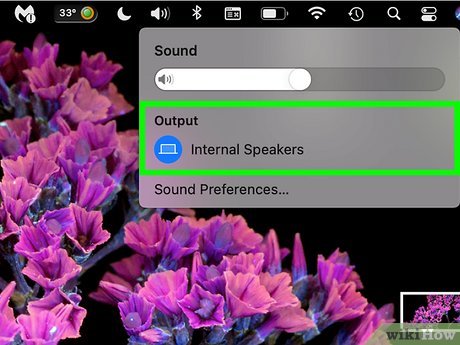
You must make sure that there are no headphones connected to the computer. If the computer has headphones plugged in, the speakers will not make sound. Sometimes plugging and unplugging the headphone jack will turn the speaker back on.
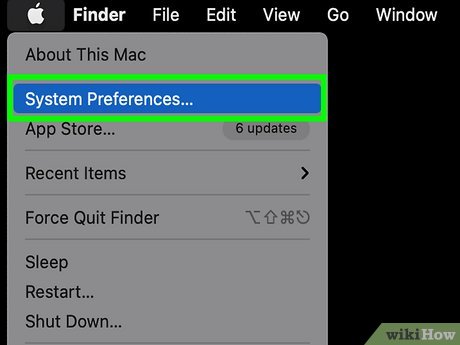
Click the Apple menu and choose System Preferences. If your Mac is connected to multiple audio devices, the inputs may not be switching properly.
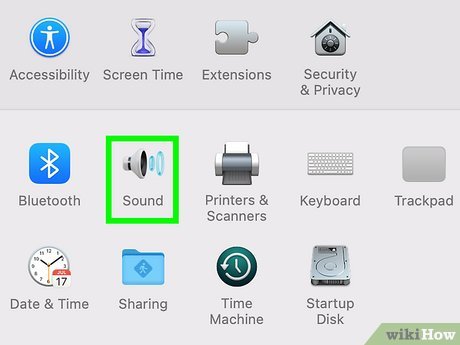
Click the "Sounds" section and select the "Output" tab. A list of devices that can play sound will appear.
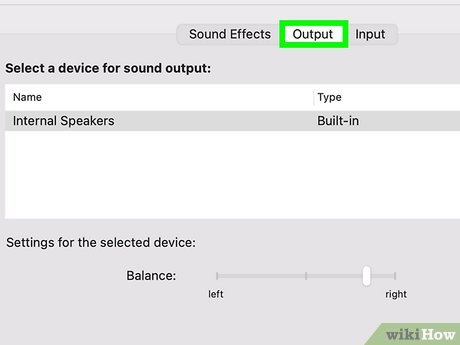
Select the appropriate output device. Select the device you want to use for sound.
If you want to output sound to your Mac's external speakers, select "Internal Speakers" or "Digital Out."
If you want to play sound from a connected TV, select "HDMI".
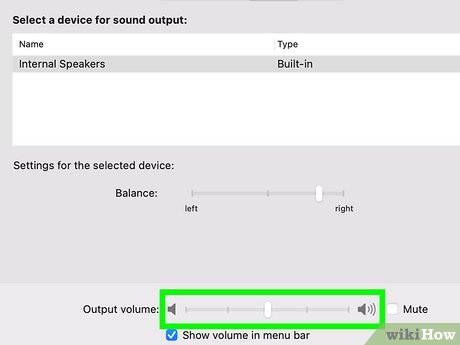
Check the loudness of the external speaker sound. Many external speakers have their own controls. If the speaker is turned off or turned down, you will not be able to hear the sound even if you have selected the correct device.
Reset PRAM

Turn off your Mac computer. Resetting parameter RAM (PRAM) can fix many problems related to volume control and audio output. This will reinstall some settings but will not erase data.

Open your Mac computer and press ⌘ Command+ ⌥ Option+ P+R now. Continue holding this key combination until your Mac restarts.

Release the key when you hear the startup sound again. The computer will continue to boot as normal, but it will take a little longer.
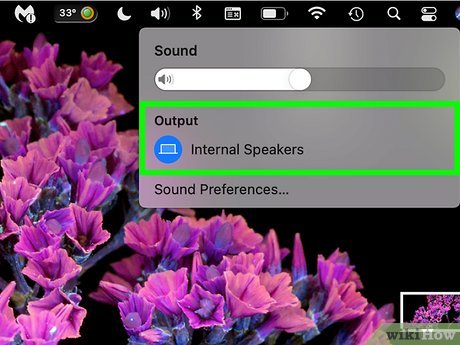
Check the sound settings, etc. Check if you can hear sound and adjust the volume. During this process, the clock may be reset, so you need to set it correctly.
Update to the latest OS X operating system
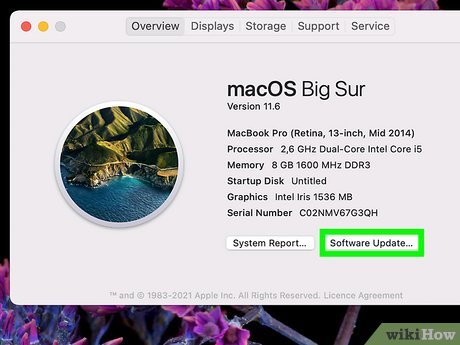
Check to see if you are using the latest operating system. The operating system OS Later, the El Capitan version (10.11) significantly improved these issues.
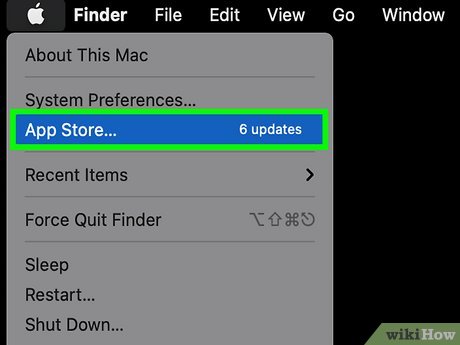
Open your Mac's App Store. Mac updates are always free and available on the Mac App Store.
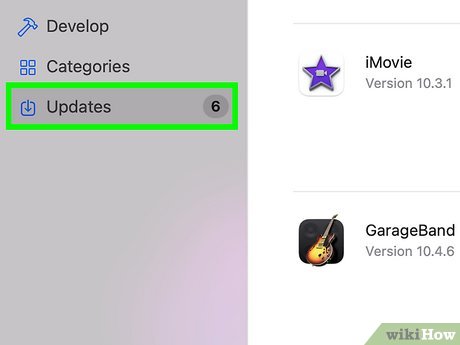
Click the "Updates" tab. System upgrades (if any) will appear.
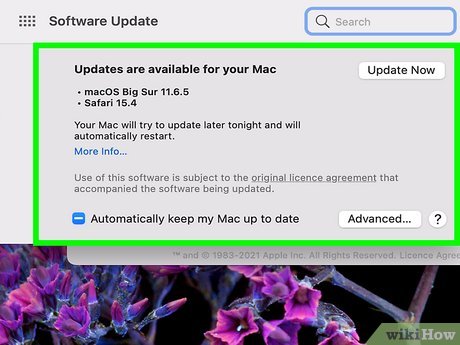
Download the latest version of OS X. Download the El Capitan version (if available) in the Updates section. Wait a while for the download to complete.
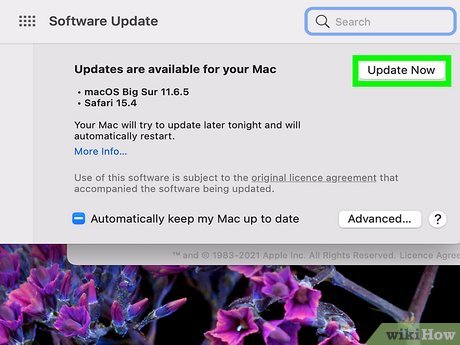
Install system updates. Follow the on-screen instructions to update the system. The process is very simple, you will not lose any data or settings.
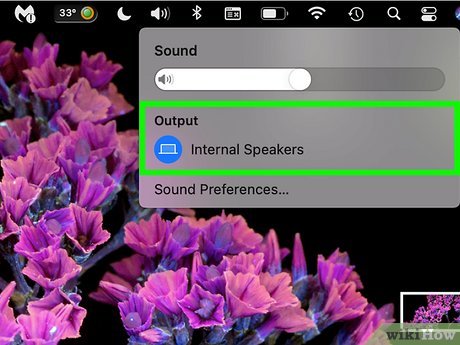
Check the sound again. After completing the update and returning to the desktop, check if the sound is normal.